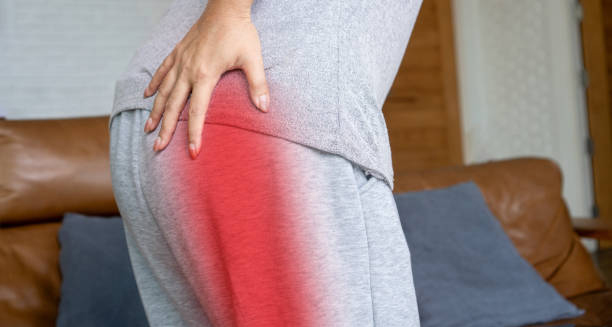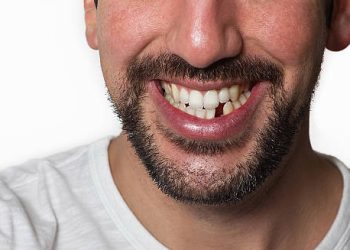Complications of Foot Drop
The complications of foot drop can extend beyond the foot and ankle, affecting mobility, posture, and overall quality of life. Foot drop increases the risk of falls, limits independence, and may lead to long-term joint and muscle problems if left untreated.
Gait Abnormalities
A long-term steppage gait can lead to knee and hip strain
Compensatory movements can alter natural walking patterns and affect spinal alignment
These changes may result in back pain, hip discomfort, or joint degeneration
Proper gait training and use of orthotic devices can prevent these secondary complications.
Falls and Injuries
The inability to clear the foot from the ground increases the risk of:
Trips and falls
Sprained ankles or twisted knees
Fractures, especially in older adults
Home safety adaptations and walking aids can reduce these risks significantly.
Muscle Weakness and Atrophy
Prolonged foot drop can lead to muscle wasting in the lower leg
This may worsen mobility, reduce endurance, and limit recovery
Regular physiotherapy and stimulation exercises help maintain muscle strength
Skin Pressure and Ulcers
In severe or untreated cases, dragging the foot may cause:
Skin irritation
Blisters or pressure ulcers on the foot or ankle
Proper footwear and bracing can protect the skin and avoid complications
Psychological and Emotional Impact
Loss of independence and mobility can cause:
Depression
Social withdrawal
Fear of falling, which further reduces activity
Emotional support and encouragement to stay active are important in overall recovery.
Long-Term Disability
Without treatment, foot drop can become a permanent disability, particularly if nerve damage is extensive. In such cases:
Assistive devices may be needed permanently
Long-term management may include pain relief, mobility aids, and occupational therapy
Workplace or lifestyle adjustments may also be required
Complications of Foot Drop
The complications of foot drop can be significantly reduced with early diagnosis, appropriate treatment, and lifestyle support. Many people regain function and confidence with consistent care and a proactive approach.


